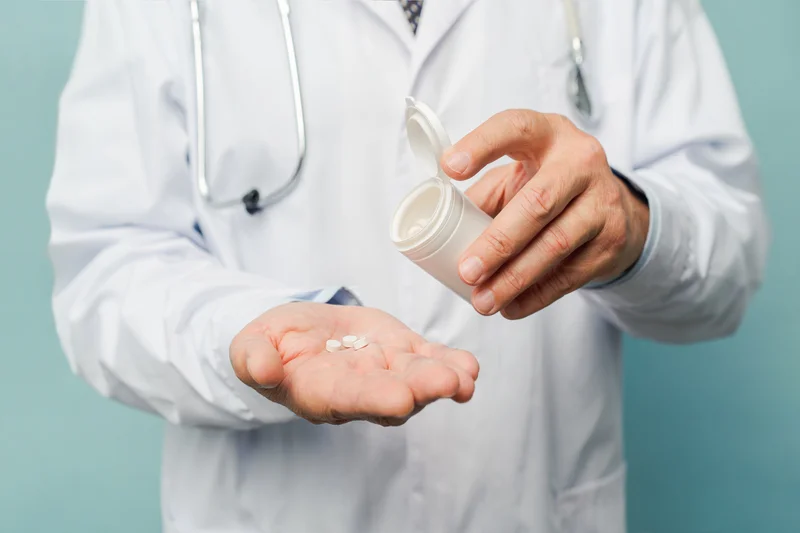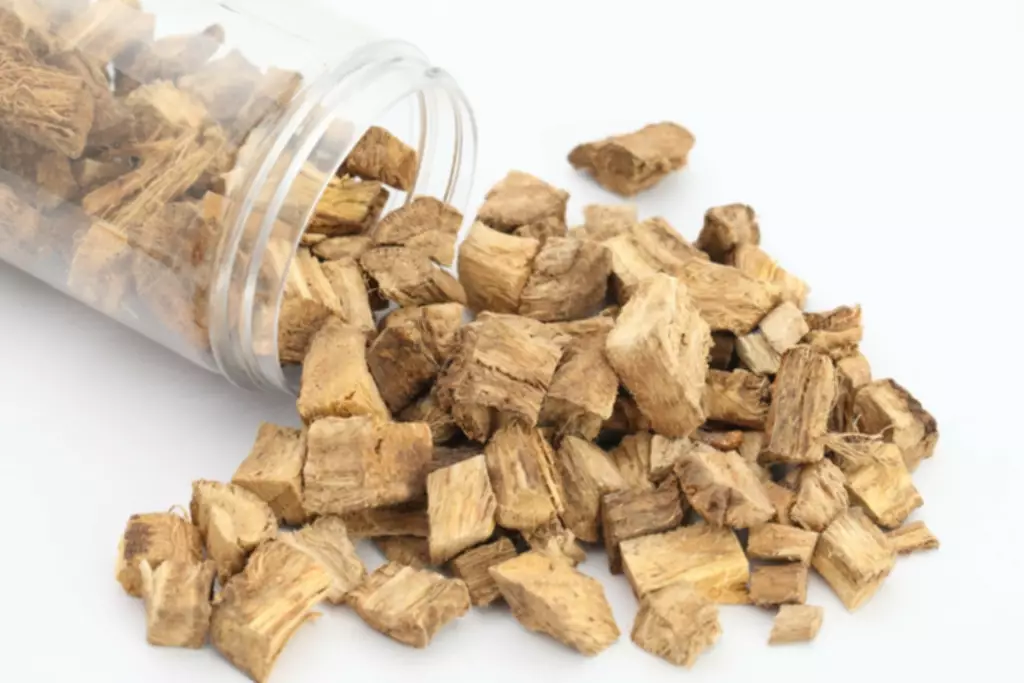
Typically, this process is often supervised by an intervention specialist. The idea behind an intervention is to help loved ones constructively express their feelings and encourage a person battling an addiction to enter a treatment program. Before starting the treatment process, a person must first recognize their condition and have a desire to quit drinking. Sometimes, an individual may acknowledge they have a drinking problem on their own.
Alcohol Rehab
The Healing Place is available 24/7 to discuss your treatment options. Their representatives will discuss whether their facility may be an option https://ecosoberhouse.com/ for you. These calls are offered at no cost to you and with no obligation to enter into treatment.
- Explore the complex relationship between wealth and addiction, from societal influences to treatment access.
- Holistic therapies may consist of yoga, acupuncture, art therapy, and guided meditation.
- In addition to professionally led treatment, many people benefit from mutual support groups.
- Therapy is usually provided by a licensed behavioral health professional (e.g., psychologist, counselor) or addiction counselor.
- Millions of adults in the United States have alcohol use disorder (AUD), and approximately 1 in 10 children live in a home with a parent who has AUD.
- An alcohol rehabilitation program can be the right first step toward sobriety.
Addiction Counselors
They have medical staff on hand to monitor and treat withdrawal symptoms. PHP, or day programming, provides a relatively intensive level of care. However, alcoholism treatment program and options it’s in a more flexible environment than residential inpatient treatment.
I have always heard that treatment happens in residential rehab programs. Isn’t that the best option?

They help in minimizing the likelihood of relapse by offering resources such as therapy, counseling, and educational workshops that address ongoing triggers and stressors. Whether you’re looking for an inpatient or outpatient alcohol rehab center, finding the right treatment program is an important step on the road to recovery. Various factors such as your medical history, support system and personal motivation can all play a role in the success of your recovery. Treatment should be supervised by a team of medical specialists at a rehab facility. Throughout the country, alcohol treatment centers are staffed with professionals who will guide you through each step of the recovery process – from detox to life after rehab.
Essential Recovery Gifts to Aid Sobriety

Alcohol use disorder (AUD) is a condition that health care professionals diagnose when a patient’s drinking pattern causes significant distress or harm. Previously known as alcohol abuse or alcoholism, AUD can be mild, moderate, or severe. AUD can cause lasting changes in the brain that make patients vulnerable to relapse. The good news is that no matter how severe the problem may seem, most people with AUD can benefit from treatment with behavioral therapies, medications, or both. Some focus on other evidence-based approaches, such as cognitive behavioral therapy (CBT), dialectical behavior therapy (DBT), and relapse prevention.
For serious alcohol use disorder, you may need a stay at a residential treatment facility. Most residential treatment programs include individual and group therapy, support groups, educational lectures, family involvement, and activity therapy. Alcohol rehab is a program designed to help individuals overcome alcohol addiction and maintain long-term sobriety. It typically consists of both detox and a 30-day alcohol rehab stay in an inpatient center.
Various substances may lead to intense cravings and debilitating physical reactions; therefore, having professional support is vital. Addiction treatment programs involve medical, psychotherapeutic, or holistic techniques to treat dependence on drugs and alcohol. These treatment plans allow people in recovery to map out what they need to do to maintain sobriety. Partial hospitalization programs (PHP), or “day treatments,” are for people who need increased structure, support, and counseling or therapy to reduce the likelihood of relapse.


It may help to seek support from others, including Halfway house friends, family, community, and support groups. If you are developing your own symptoms of depression or anxiety, think about seeking professional help for yourself. Remember that your loved one is ultimately responsible for managing their own illness. Given the diverse biological processes that contribute to AUD, new medications are needed to provide a broader spectrum of treatment options. Certain medications have been shown to effectively help people stop or reduce their drinking and avoid a return to drinking. Both of these fee-based, self-guided programs have a research base that shows their potential to help people cut down or quit drinking.
- The Navigator will steer you toward evidence-based treatment, which applies knowledge gained through decades of carefully designed scientific research.
- When navigating addiction treatment, understanding the distinctions between inpatient and outpatient programs is essential.
- However, decisions about the ultimate goal of AUD treatment should be determined in a dialogue between the patient and a credentialed treatment provider.
- Helps people understand addiction, their triggers, and their reasons for using drugs.
- Outpatient treatment programs are another form of comprehensive substance use disorder care.
- Usually, one to two group classes or meetings occur around this time.
- This includes individual and group recovery programs in a clinical setting.
- Our addiction medicine care teams can help members with severe SUD stop drinking or using drugs safely and comfortably.
The evidence suggests that the free and flexible assistance provided by mutual-support groups can help people make and sustain beneficial changes and, thus, promote recovery. Many people struggle with controlling their drinking at some point in their lives. Millions of adults in the United States have alcohol use disorder (AUD), and approximately 1 in 10 children live in a home with a parent who has AUD. Many Veterans have problems with the use of alcohol, tobacco, street drugs, and prescription medicines.
